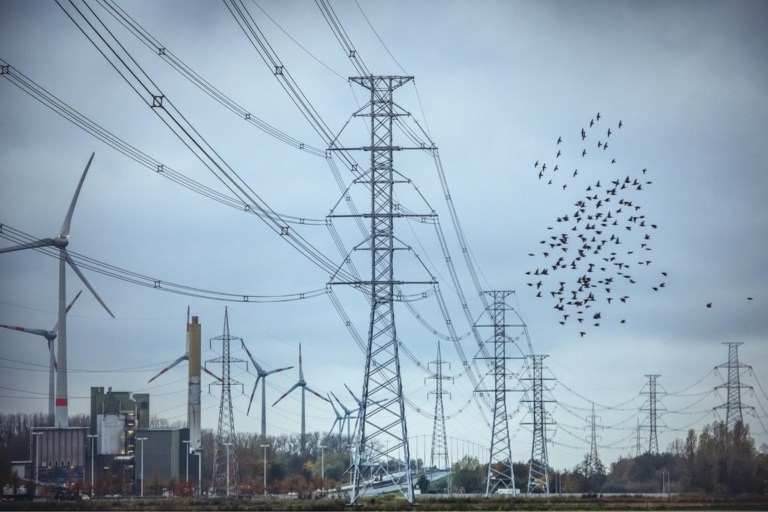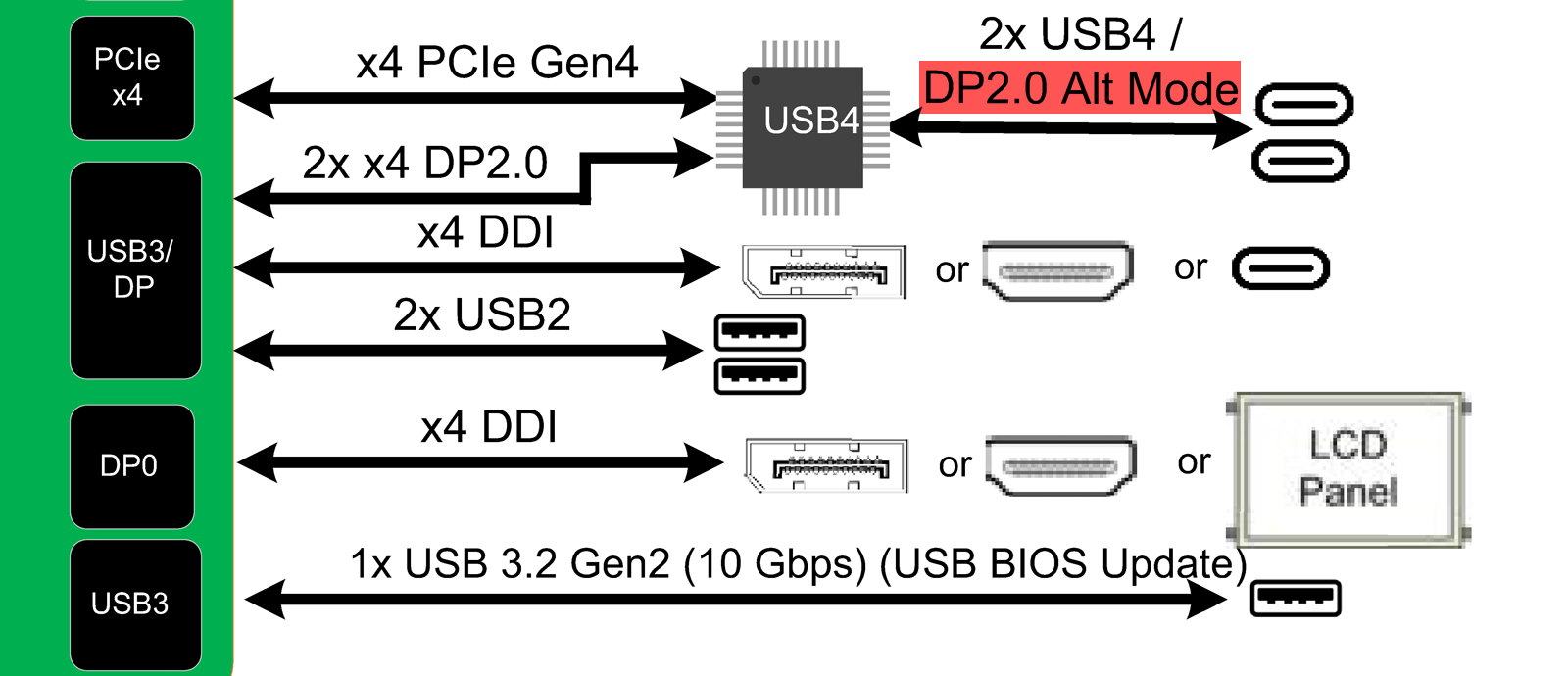The rising prices for electricity and natural gas threaten to saddle families with variable contracts for the time being with a heavy additional cost on their energy bill of an average of 133 euros per year. The Creg calculated that. The federal energy watchdog warns that the bill could rise significantly if the current price hike continues.
–
De Creg calculated the impact of the historically high wholesale prices for electricity and natural gas in recent months on household bills. It is the households with a variable contract – 35 percent of households for electricity and 45 percent of households for natural gas – that pay the price. Compared to August 2019, a normal year, the average increase in the annual electricity bill for an average household in August amounts to 49 euros. For natural gas, the average increase amounts to 84 euros. Together, the increase in the annual energy bill is therefore on average 133 euros compared to August 2019.
These figures do not yet take into account the last months of the year. But if the rise in prices continues in the autumn and winter, the Creg warns, the impact on the settlement invoice threatens to be ‘(considerably) greater’. Market experts have already warned of continued high electricity and natural gas prices in the coming months.
• What to do with more expensive electricity?
The sky-high energy prices have no influence on the bill of households with a fixed energy contract. For electricity this is the case for 65 percent of the households, for natural gas it concerns 55 percent of the households. The Creg advises households that signed a permanent contract before the price increases and that does not expire not to change.
Those who do have to enter into a new contract or extend a contract are advised to compare the prices carefully. For consumers who opt for a permanent contract today, it is ‘crucial’ to keep abreast of market developments, given the extremely high prices at the moment. Households can also anticipate high settlement bills by slightly increasing their advance, the federal energy watchdog said.
– .

